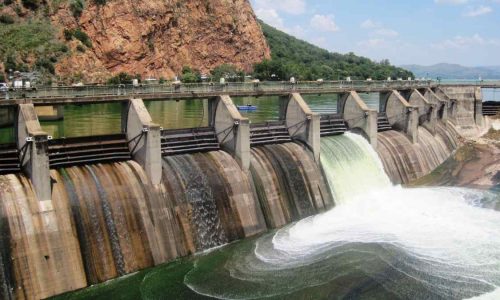Minister of Energy and Mineral Resources (ESDM), Arifin Tasrif says oil and gas will continue to play a pivotal role in securing Indonesia energy supply, particularly in transportation and power sectors, despite the present worldwide trend of adopting cleaner and renewable energy sources amid the transition towards Net Zero Emission by 2060.
“Gas will be used to bridging towards 100 percent application of renewable energy generation,” Arifin said while addressing the opening ceremony of Indonesia Petroleum Association’s Convention & Exhibition on Tueday, May 14, 2024.
According to BP Energy Outlook, total final energy consumption, including oil and gas, peaks in the mid-to-late 2020s in Accelerated and Net Zero scenarios. In contrast, in the New Momentum scenario which reflects current world energy system, total final consumption increases until around 2040, after which it broadly reach a plateau with energy consumption in 2050.
In these three scenarios (Accelerated, Net Zero, and New Momentum), oil and gas are still utilized up to 2050, even though its direct use declines due to energy efficiency improvement, increased electricity use and power sector decarbonization.
Nevertheless, the upstream oil and gas industry must implement strategies to reduce emission including clean energy technology deployment such as Carbon Capture Storage (CCS)/Carbon Capture Utilization Storage (CCUS).
“Committing straight with the Net Zero Emission commitment, the hovernment has also established the Regulation regarding CCS/CCUS, including Presidential Regulation No. 14/2024,” Arifin said.
The regulation encompasses aspects of the Implementation of Carbon Capture and Storage Based where these matters have not previously been regulated in the Minister of Energy and Mineral Resources Regulation No. 2/2023 on the Implementation of CCS/CCUS on Upstream Oil and Gas Business Activities.
Currently, there are 15 CCS/CCUS projects in various stages. With total CO2 Storage Resource more than 500 Giga Ton, Indonesia has the opportunity in the CCS/CCUS business development.









